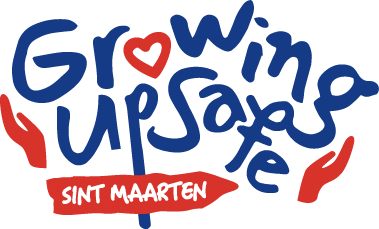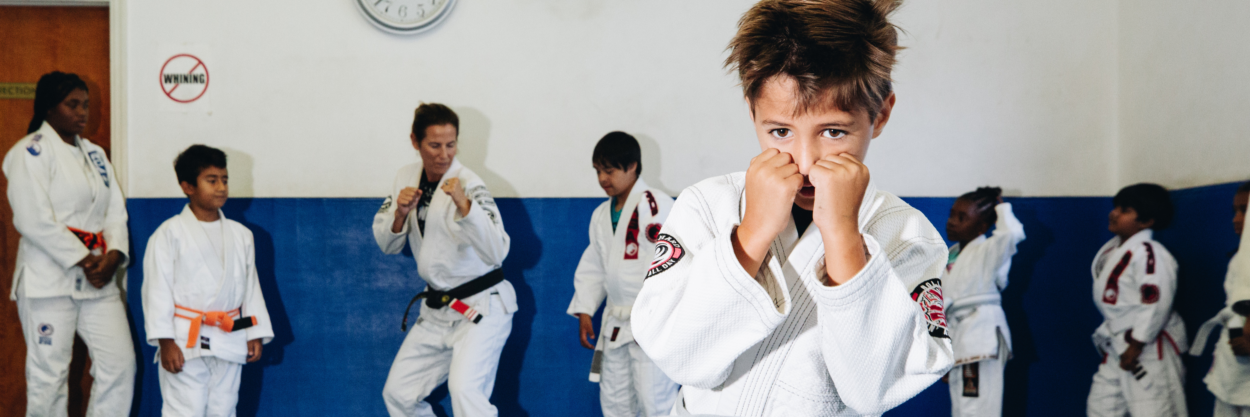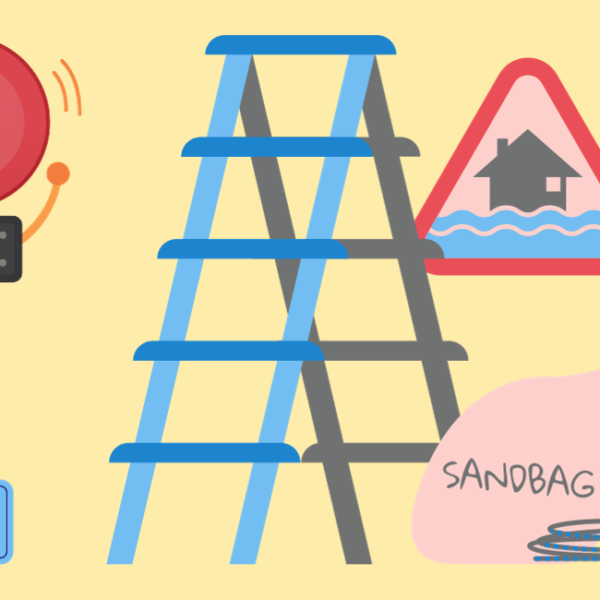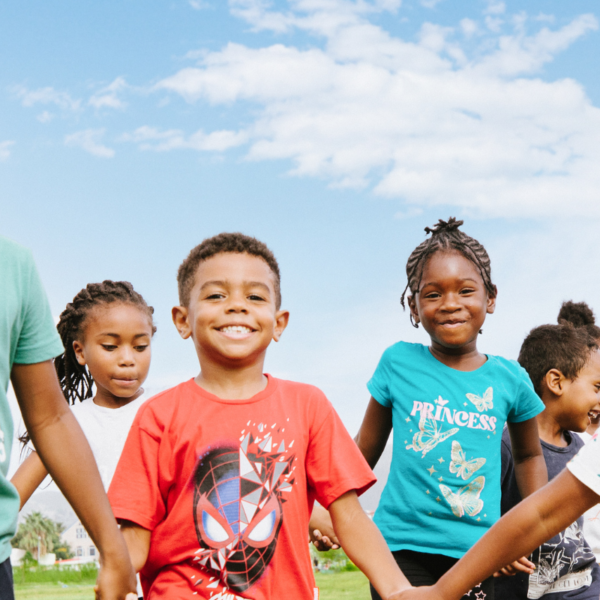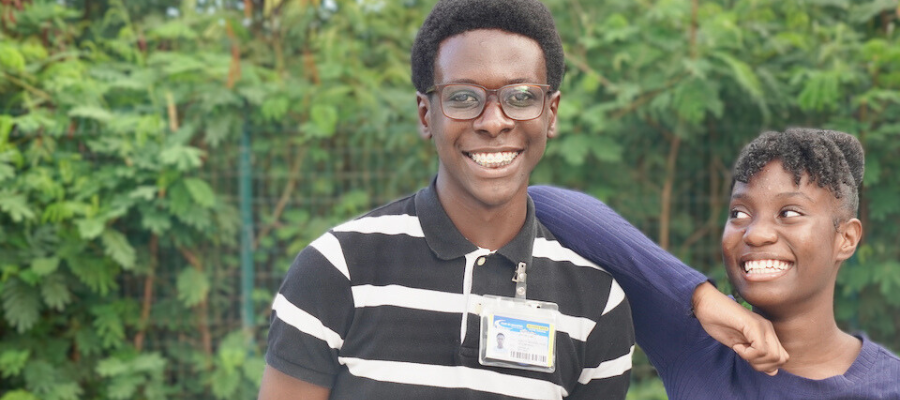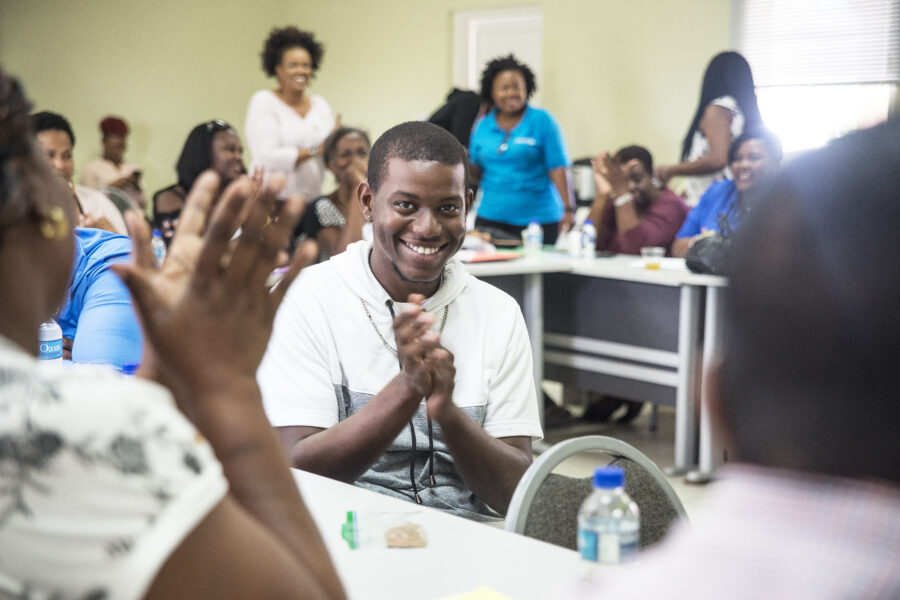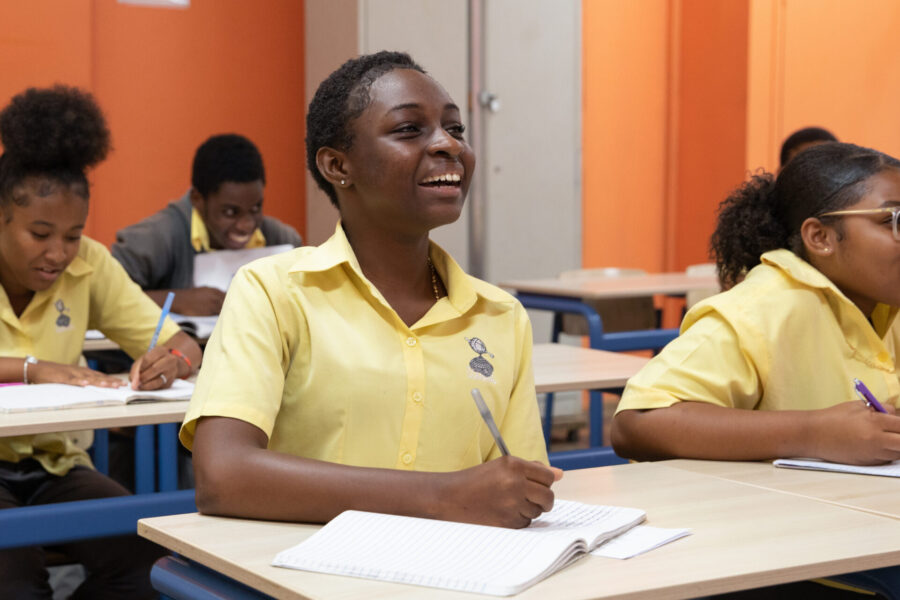“You think young children might not know the word ‘rape’, but they have brought it up during class.”
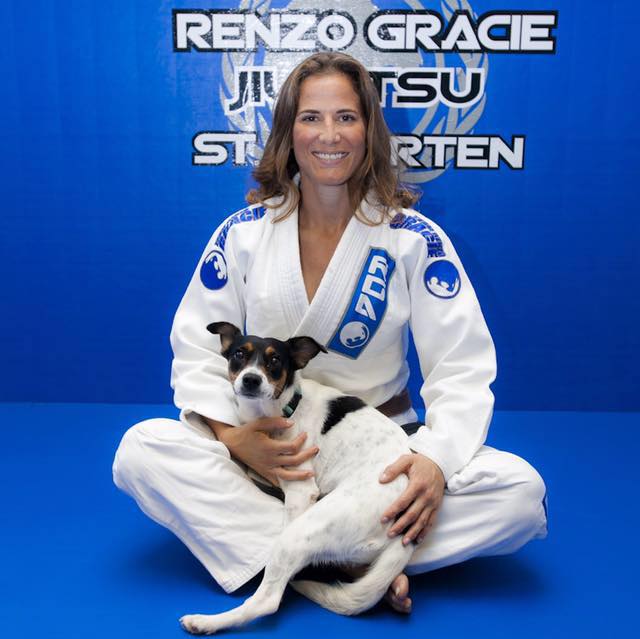
Twelve years ago, Melissa Bardfield began teaching Brazilian Jiu-Jitsu. She teaches children, from five years old and up, the physical techniques of Brazilian martial art and safety, and personal development skills.
In addition to being a Renzo Gracie 2nd degree black belt (professor), Melissa has also studied under ‘Ze Beleza’ Leão Teixeira of Escola de Jiu Jitsu, Rio de Janeiro, Brazil, who has decades of experience and successful models for teaching children’s programmes.
In classes geared to younger age groups, Melissa and the other coaches disguise Jiu-Jitsu in playfulness, incorporating more games into their practice. While practising jiu-jitsu, her students increase their mobility, strength, and flexibility and learn step-by-step complicated grappling techniques of Brazilian jiu-jitsu along the way. “While initially not knowing if they can do a difficult move, once they accomplish it, they start believing in themselves. Any activity that challenges a child in a safe and supportive environment will help them build confidence,” explains Melissa.
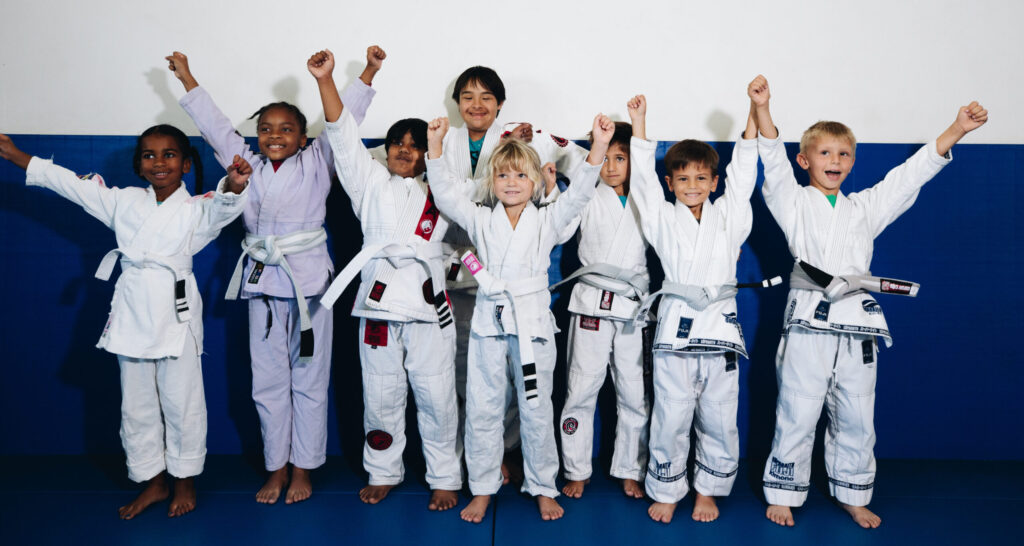
Once the technique lesson for the class is completed, the students go into sparring (live training against resisting opponents). Melissa: “When they spar, they will win or lose, and often they must shake hands and go again. This teaches them determination and respect for their opponent. Not all kids get along initially, but they must still train together. Often, this results in them becoming good friends.”
It might surprise some readers that a fighting sport also incorporates many personal development skills, such as social skills. However, Melissa notes: “It is a misconception that these types of sports are connected to violence. On the contrary, it provides children with a safe way to channel their energy. Respect, discipline, and perseverance are key components. Kids who train in fighting sports are less likely to fight outside of the dojo – they know what they are capable of and learn to control aggression.
Melissa is passionate about teaching children confidence and safety skills. So, she starts every class with a ‘mat-talk’. During the mat talks, she discusses life skills such as being polite, being a team player and having respect for others. Bullying is also addressed, and “This is not accepted if you are a student in BJJ”.
Melissa shares that she “has seen and heard first-hand that her students have helped stand up for their peers to bullies,” which she is proud of.
During the mat talks, Melissa also touches on more complicated topics such as street safety and awareness signs of predators:
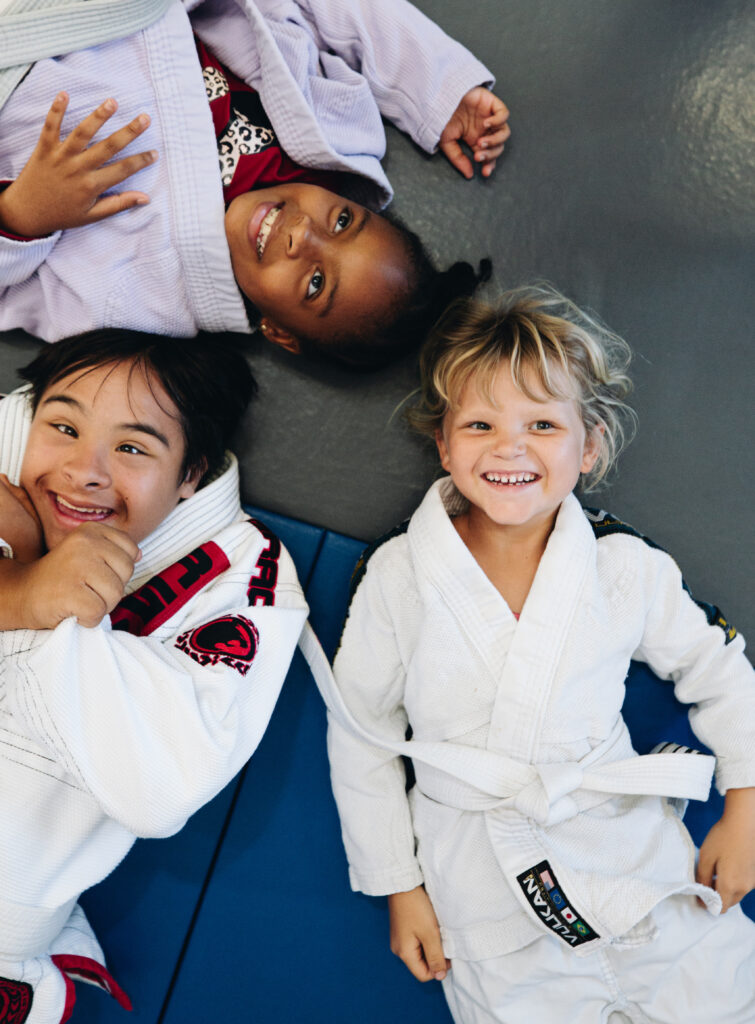
“I tell my students: ‘your safety is more important than any adult’s feelings.’ We talk about good and bad touches, about receiving gifts or treats without your parent’s knowledge, and that it is wrong for an adult to ask you to keep a secret from your parents. In short, we teach warning signs of grooming, so kids can recognise this and tell an adult they trust: No! Go, yell and tell.”
During the mat talks, students also play out scenarios to learn and discuss how to react to certain situations. Melissa: “I’ll say, for example: if you are playing a video game online and another player says: ‘I’ll buy you a PlayStation if you come to my house, just don’t tell your mom’ – what do you do? There will always be that one kid that says: I’ll go quickly and tell my mom later. So, we can now discuss why this is a bad idea.”
SXM BJJ has several teenage coaches that Melissa feels “bridge the age gap in these conversations and scenarios. Of course, I notify parents if a difficult conversation or other incidents occur in class. I do not allow parents to sit in the practice room because this can pressure my students to perform or act a certain way.” However, parents can sit in the room next door and supervise classes through a live camera feed.
The school also organised specific self-defence classes. Coach Johan Muñoz Rodriguez heads the self-defence programme and incorporates his background in Aikido and other martial arts disciplines. The Brazilian jiu-jitsu technique allows smaller individuals to overpower their opponent using leverage and techniques and as size and strength can be negated to a point, it’s also great for children to increase their self-defence. “Initially, the self-defence programme was geared towards teenage girls and women. However, soon we received interest from many teen boys who were being bullied in school,” shares Melissa.
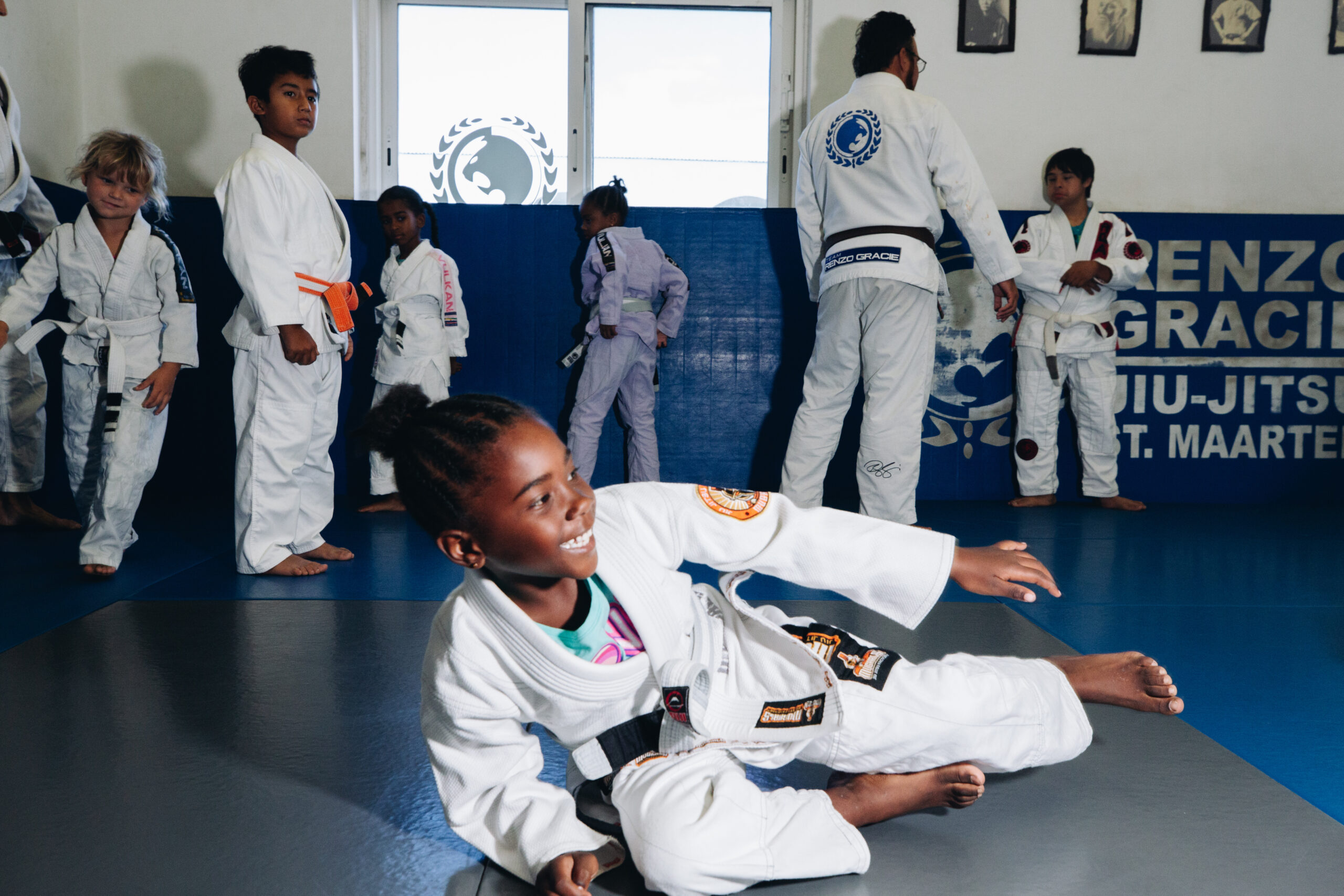
Melissa is passionate about children and their safety and is extremely angry with the lack of protection for children in Sint Maarten: “Schools, after-school, and sports programmes do not require criminal records checks or proof of ‘good conduct’ in their hiring process. There are NO laws to prevent a registered sex offender or paedophile from working with children in Sint Maarten. This is an outrage as it allows predators to continue to abuse children. I am a proponent of establishing a sex offender registry.”
You think young children might not know the word ‘rape’, but students have brought it up during our 10 to 13-year-old class. As professionals who work with children, we should more strongly advocate for better legal protection for children, and until then, we should hold ourselves to a higher standard.”
